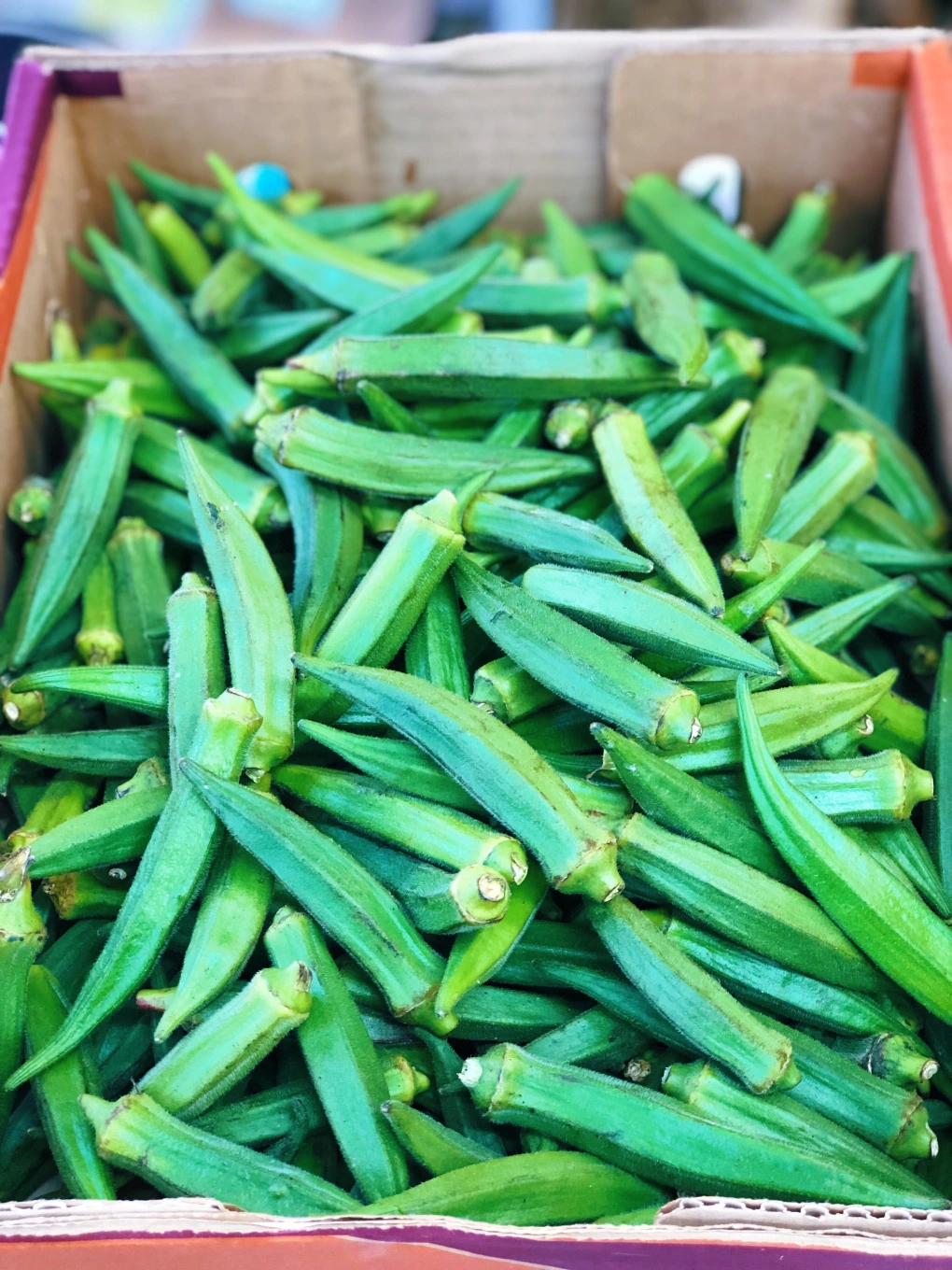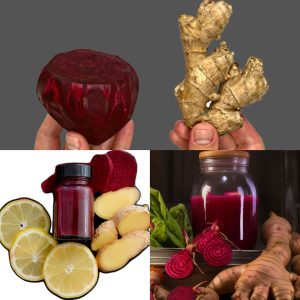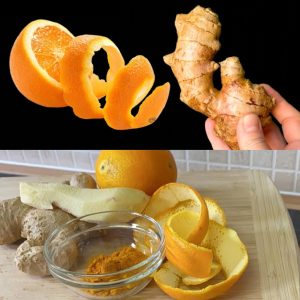
Okra, also known as “lady’s finger” or “gumbo,” is a versatile vegetable that is enjoyed worldwide. Whether you’re a seasoned okra enthusiast or new to this green pod, here are 23 fascinating facts about okra that you should know.
Nutritional Benefits
1.Rich in Nutrients: Okra is packed with vitamins A, C, and K, as well as B vitamins.
2.High in Fiber: It provides a good amount of dietary fiber, aiding digestion and promoting gut health.
3.Low in Calories: Okra is a low-calorie food, making it a great addition to a healthy diet.
4.Antioxidants: Contains antioxidants like quercetin and catechins, which help fight oxidative stress.
5.Calcium Source: Offers a good amount of calcium, supporting bone health.
Health Benefits
6.Blood Sugar Control: Okra may help stabilize blood sugar levels due to its fiber content.
7.Heart Health: Its antioxidants and fiber contribute to cardiovascular health.
8.Anti-Inflammatory Properties: Helps reduce inflammation in the body.
9.Immune Support: Vitamin C in okra boosts the immune system.
10.Hydration: Okra is composed of nearly 90% water, aiding in hydration.
Culinary Uses
11.Versatile Ingredient: Okra can be fried, grilled, boiled, or pickled.
12.Thickening Agent: Often used in soups and stews (like gumbo) for its natural thickening properties.
13.Global Cuisine: Common in Southern U.S., Indian, Middle Eastern, and African cuisines.
14.Pairing: Pairs well with tomatoes, onions, and garlic.
Growing Okra
15.Warm Climate: Thrives in warm climates and is relatively easy to grow.
16.Fast-Growing: Can be harvested in about 50-60 days after planting.
17.Soil Requirements: Prefers well-drained, fertile soil.
18.Watering: Requires consistent watering, especially during dry spells.
Fun Facts
19.Historical Use: Okra seeds were used as a coffee substitute during the Civil War.
20.Botanical Family: Belongs to the mallow family, which includes hibiscus and cotton.
21.Mucilage: The slimy substance in okra is called mucilage, which has various culinary and medicinal uses.
22.Pollination: Okra flowers are self-pollinating and can attract pollinators like bees.
23.Cultural Significance: In some cultures, okra is considered a symbol of prosperity and health.
In Conclusion
Okra is a remarkable vegetable with numerous health benefits, culinary uses, and interesting historical and cultural significance. Whether you’re enjoying it in a hearty gumbo or adding it to a fresh salad, okra is a nutritious and versatile addition to any meal. Now that you know more about okra, you can appreciate its many qualities and perhaps find new ways to incorporate it into your diet. Happy cooking and gardening!





